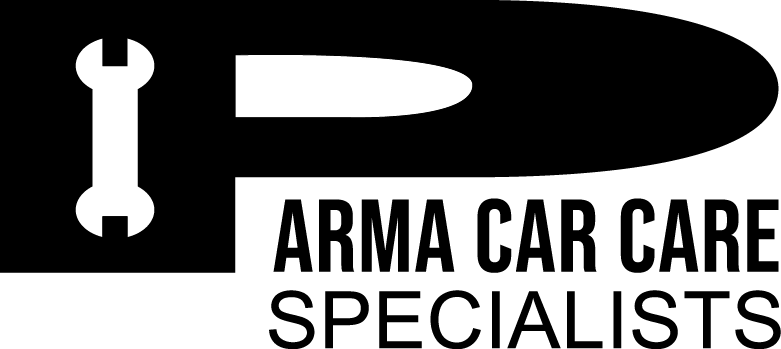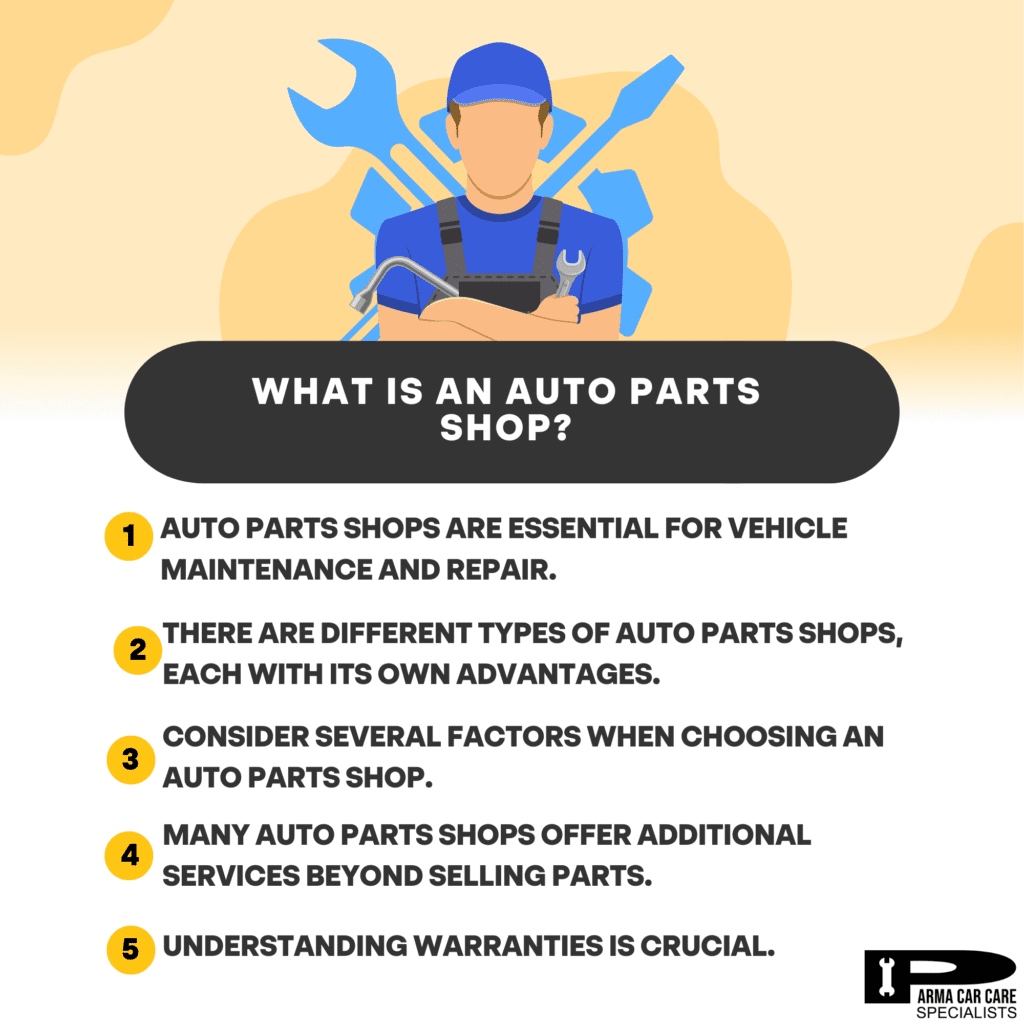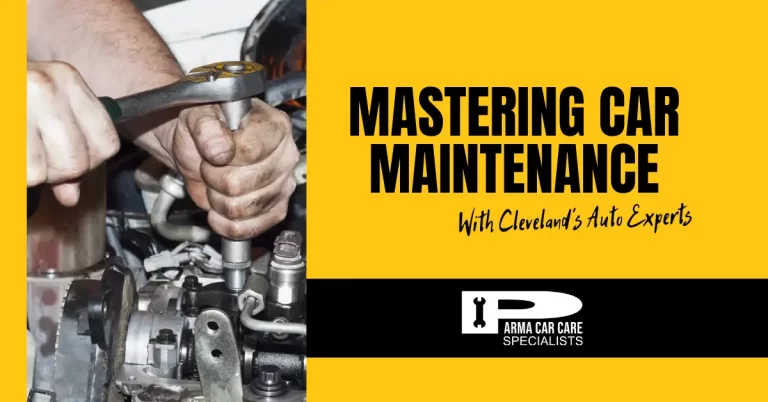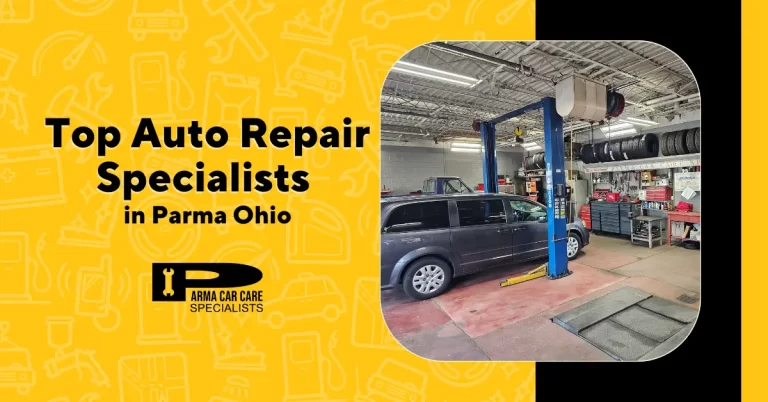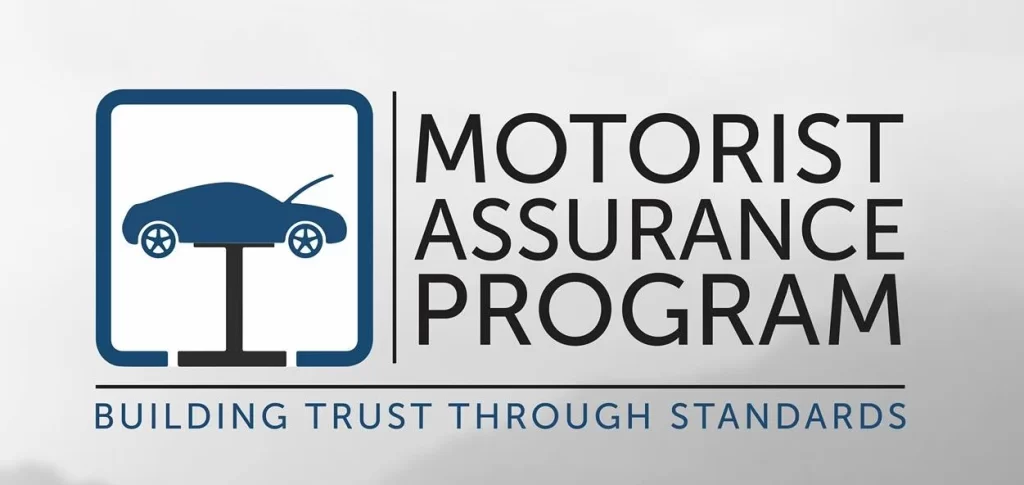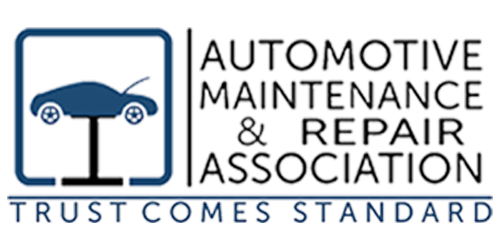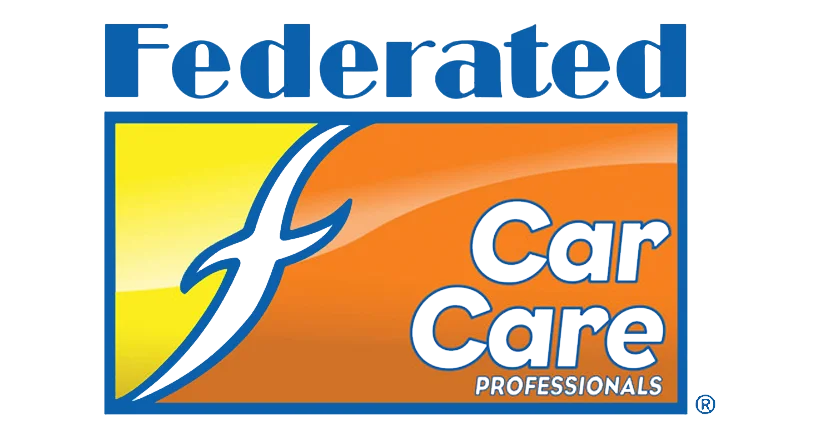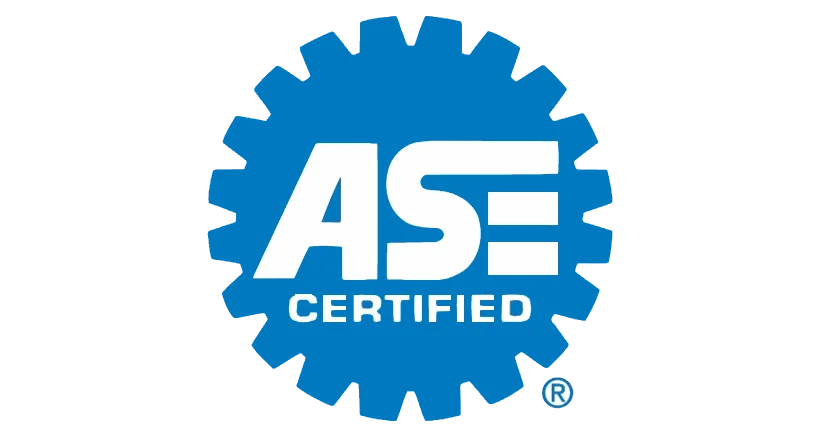What is an Auto Parts Shop?
An auto parts shop, also known as an auto shop, is a specialized retail store that sells various car parts and accessories. These shops play a significant role in the auto repair industry, providing both professional mechanics and do-it-yourself car owners with the essential parts they need to keep their vehicles running smoothly. In this article, we want to stress the importance of having access to an auto parts store that can provide you with the parts you need.
The Importance of Auto Shops
Auto shops play a crucial role in vehicle maintenance. They stock a wide array of parts, ranging from engine components to brake pads, batteries, and more. These parts are essential for regular maintenance, repairs, and vehicle upgrades.
Furthermore, the staff at these shops are often knowledgeable about auto parts and can provide valuable advice to customers on the right parts for their specific vehicle models. This expertise is crucial for those who prefer to conduct their car repairs or for those seeking advice on the best parts to enhance their vehicle’s performance.
The Role of Auto Parts Shops in Auto Body Repair
Auto parts shops are not just about supplying parts for regular maintenance; they also play a significant role in auto body repair shops. When a vehicle has been in an accident and needs bodywork repair, auto parts shops provide the necessary parts like fenders, doors, bumpers, and hoods.
These shops often have connections with various auto manufacturers, allowing them to source original equipment manufacturer (OEM) parts. This ensures that replacement parts match the quality of the original, maintaining the car’s performance and safety.
Supporting Car Repair Shops
Auto parts shops are a valuable resource. They supply the necessary parts for a wide range of repairs, from minor fixes like replacing wiper blades or changing the oil to more significant repairs like replacing the transmission or fixing brake systems.
By providing a broad range of high-quality parts, these shops support the work of both professional auto repair services and individual car owners who prefer to handle their repairs. This ensures that all vehicles on the road are well-maintained and safe to drive.
Different Types of Auto Parts Stores
The auto parts shop landscape isn’t one-size-fits-all. There are several types to consider, each catering to specific needs:
- Big Box Stores: These national chains offer a vast selection of parts at competitive prices. They’re ideal for common parts and fluids, but their service expertise might be limited to specific car models.
- Independent Auto Parts Shops: Often family-owned, these shops prioritize customer service and knowledge. Their staff frequently consists of experienced mechanics who can offer personalized advice and source parts for older or less common vehicles.
- Dealership Parts Departments: Car dealerships stock parts specifically designed for the vehicles they sell. While typically more expensive, these parts are guaranteed to be OEM (Original Equipment Manufacturer) quality, ensuring perfect compatibility.
- Online Auto Parts Retailers: The internet provides a vast selection of parts at varying price points. However, be cautious about quality when shopping online. Look for reputable retailers with clear return policies and ensure the parts fit your specific car model.
Choosing the Right Shop for You: It’s Not Just About Selection
Picking the right auto parts shop depends on your needs and preferences. Here are some factors to consider:
- Expertise: Do you need basic parts or assistance finding a specific component? Make sure to search for a store that has experienced and well-informed staff who can provide you with helpful answers to any questions you may have.
- Selection: Consider the variety of parts offered, including OEM, aftermarket (non-OEM but compatible parts), and performance-oriented options.
- Price: Compare prices across different shops, but remember, sometimes the cheapest option might not be the most reliable.
- Convenience: Location, operating hours, and online ordering options all play a role in how convenient a shop is for you.
More Than Parts: Additional Services Offered by Auto Parts Shops
Many auto parts shops go beyond just selling parts:
- Special Order Capabilities: They can source parts that aren’t readily available in-store, ensuring you get what you need to complete your repair.
- Tool Rental: Some shops offer tool rental programs, allowing DIY enthusiasts to tackle repairs without purchasing expensive equipment.
- Battery Installation and Testing: Many shops offer free battery testing and installation, saving you time and ensuring a smooth start.
- Parts Return Policy: A transparent and fair return policy is crucial, especially if you need clarification on a specific part.
Auto parts shops are essential partners in keeping your vehicle running smoothly and safely. By understanding the different types of shops, choosing the one that best suits your needs, and taking advantage of the additional services they offer, you can ensure a stress-free car maintenance experience. Remember, a knowledgeable staff member at a reputable auto parts shop can be just as valuable as the parts themselves!
Essential Tips for Shopping at Auto Parts Stores
Now that you understand the various auto parts shops and how to choose the right one, let’s explore some practical tips to help you navigate the aisles and find the perfect parts for your car:
- Know Your Car: Having your vehicle’s year, make, and model readily available is crucial. This information helps shop staff quickly identify compatible parts. Many stores have online resources or apps to assist you in finding the correct parts based on your car’s specifics.
- Bring the Old Part (if possible): If you’re replacing a worn-out component, take the old part with you. This allows for a direct comparison and ensures you get the exact match.
- Always Ask Questions: The staff at auto parts shops are there to help! Explain the repair you’re undertaking and ask for recommendations on parts and tools. Their expertise can save you time, money, and frustration.
- Understand Aftermarket vs. OEM: Original Equipment Manufacturer (OEM) parts are identical to the ones your car came with, but they tend to be more expensive. Aftermarket parts are compatible but are different, often offering a more budget-friendly option. The choice depends on your budget, repair needs, and the criticality of the part being replaced.
- Beware of Universal Parts: While some parts, like wiper blades or light bulbs, have a degree of universality, avoid generic options for crucial components like engine parts or brake pads. Opt for parts specifically designed for your car model.
- Check Warranties: Always inquire about warranties on parts, especially when it comes to aftermarket options. A warranty provides peace of mind and protects you in case of defects.
- Consider Performance Upgrades: If you’re looking to boost your car’s performance, some auto parts shops offer performance-oriented parts like air intake systems or exhaust components. However, remember that modifications can impact your car’s warranty and fuel efficiency.
Safety First: Essential Precautions When Working on Your Car
While auto parts shops empower DIY car maintenance, safety is paramount. Here are some reminders:
- Consult a Repair Manual: Before tackling any repairs, obtain a repair manual specific to your car model. This manual provides detailed instructions and safety precautions.
- Use the Right Tools: Using inappropriate tools can result in harmful consequences or physical injury. Ensure you have the appropriate tools for the job and understand how to use them safely.
- Work in a Safe Environment: Choose a well-lit and flat work area with enough space to maneuver. Only work under the car with proper support.
- Don’t Hesitate to Seek Professional Help: If a repair seems beyond your skillset or comfort level, feel free to take your car to a qualified mechanic.
By following these tips, you can approach DIY car maintenance with confidence and safety when shopping at auto parts stores. Remember, a well-maintained car is reliable and safe, and auto parts shops play a vital role in keeping you rolling on the road!
In conclusion, auto parts shops are more than just retail stores; they’re a hub for car care. Whether you’re an experienced mechanic or a weekend warrior tackling minor repairs, these auto repair shops empower you to maintain your vehicle and keep it running smoothly. By understanding the different types of shops, navigating the aisles with confidence, and prioritizing safety during repairs, you can leverage the expertise and resources offered by auto parts shops. So, the next time your car needs some TLC, head down to your local auto parts shop – with a bit of know-how and the proper guidance, you can become your car’s hero!
And when it comes to auto repair in Parma, OH, you can trust Parma Car Care Specialists. Our comprehensive range of parts and expert repair services make us your ultimate destination for all your vehicle needs. Contact us today to learn more about how we can help you keep your car in top shape.

